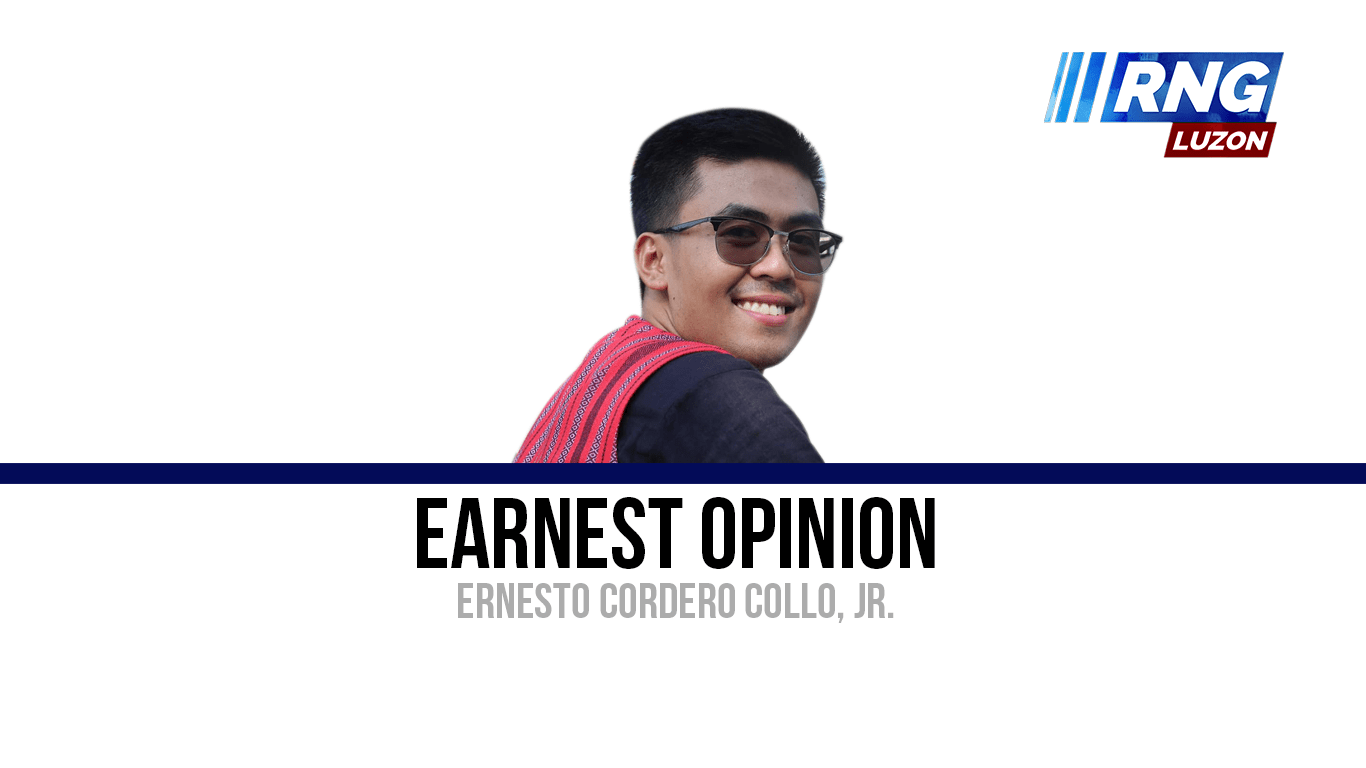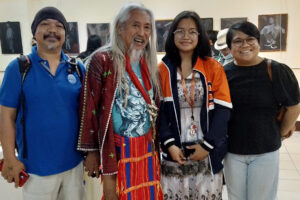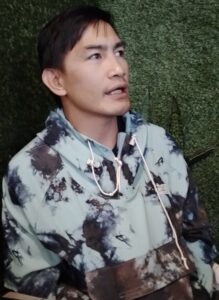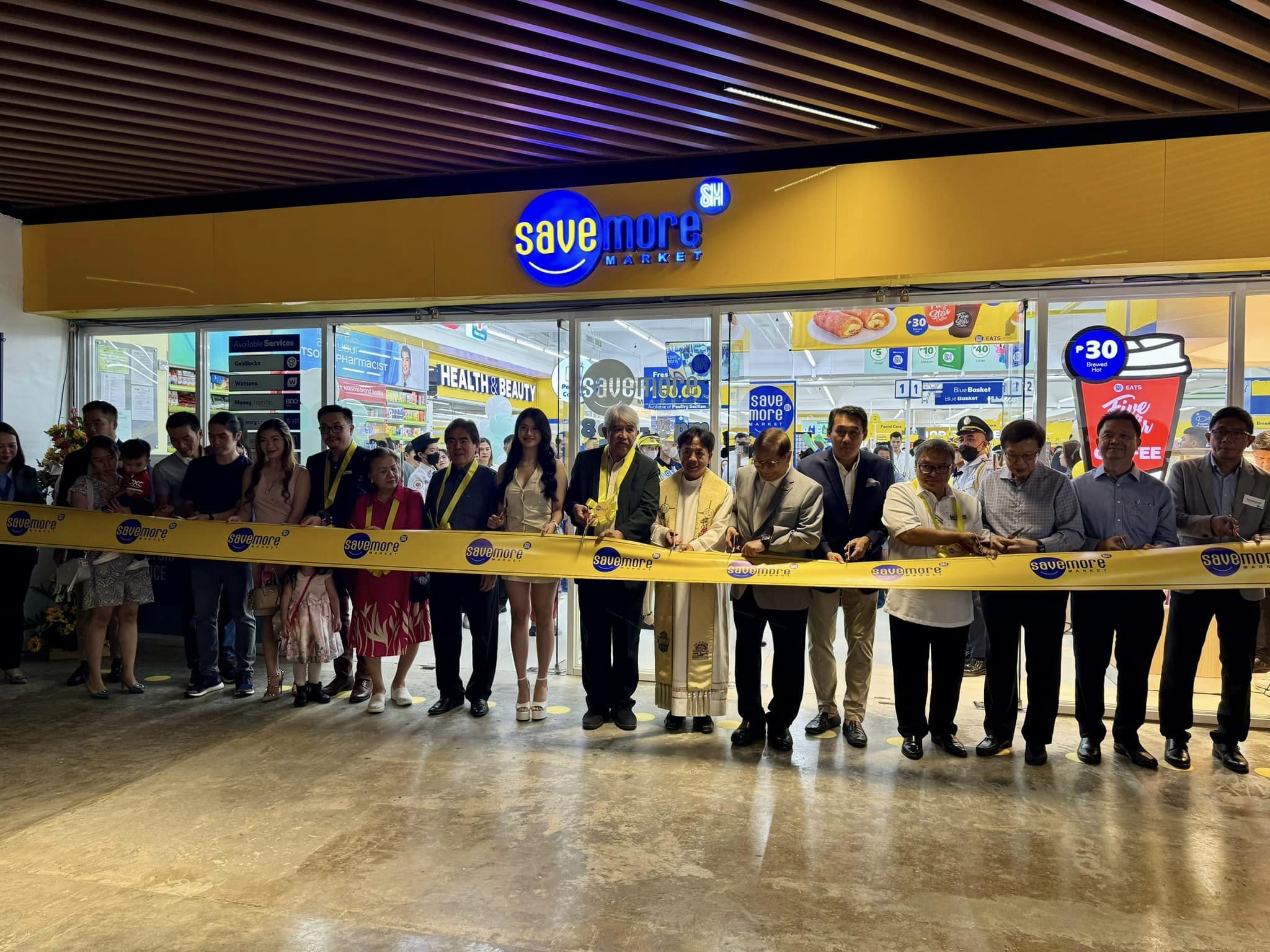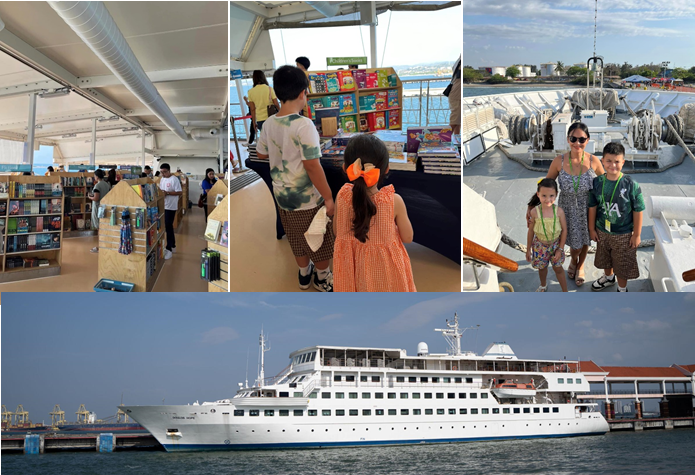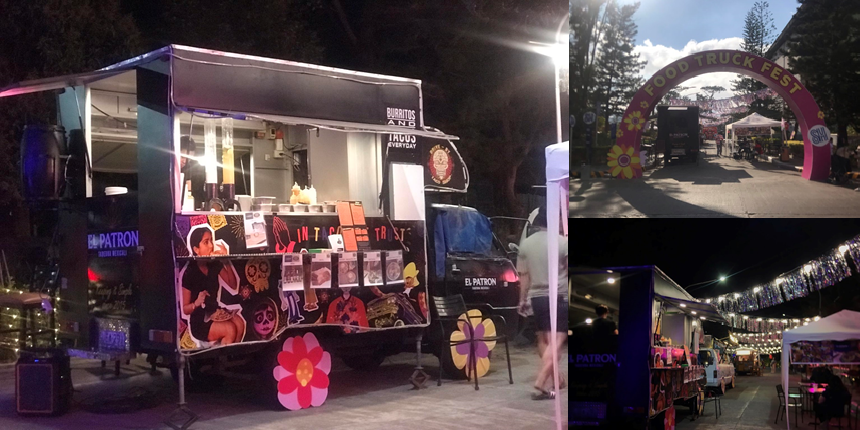Since the declaration of Philippine independence from Spain in 1898, we have been home to some of the greatest doctors in history.
Fe del Mundo, a medical inventor and pioneer in Philippine medicine; Ernesto Domingo, an advocate for inclusive public health system; and Juan Flavier, a true Doctor to the Barrios – are only three among a roster of esteemed trailblazers who may have inspired today’s equally selfless younger breed in the medical profession dedicating their lives to fighting this pandemic.
Unfortunately, many of them have died saving others and made the ultimate sacrifice in the line of duty, but whose names will go down in history – inspiring the medical and science community to continue cultivating a science culture at an era of polarizing socio-political climate.
But we ask: When will we ever learn to listen and (re)appreciate the critical task of science communication during a pandemic and in a democracy like the Philippines when key decisions are more political than scientific? Key to understanding science communication is the pervading science culture of our country in the current milieu.
Science Communication and Politics
Policymakers, thought leaders, organizations, agriculturists, educators, and the general public have a critical role in defining the importance of science communication and public understanding of science.
Innovations in epidemiology or volcanology may be deemed impractical without the publics’ authentic appreciation of scientific information as bridged through science communication. British social psychologist Martin Bauer and company in 2007 coined the term “science in-and-of society” as the prevailing environment in 1995 to present time. However, today, our distinct time may pose a different reality: “POLITICS in-and-of society.”
However, examining the place of science communication in any COVID-19-stricken country needs a lens that transcends the periphery, that is, by looking closely into our country’s socio-political climate, press freedom, and public participation, among others.
In retrospect, one organization that sealed the place of science in all societies is UNESCO which did not include “scientific” in its name until the UN Conference in November 1945 in the aftermath of Second World War. (Kristian) Nielsen of the Aarhus University in Denmark in a [essay] argued that UNESCO’s founders recognized science on a par with education and culture as foundations for the construction of a global, enlightened citizenry.
Based on my research, exploring science representation in a news media’s reportage of the COVID-19 pandemic, I have posed a finding on an emerging dimension for science communication scholars: the gap between science and politics. Previous studies have already acknowledged this gap, but it’s resurfacing prominently during this pandemic which may have led to the politicization of key pandemic decisions.
With our leaders’ response to the pandemic, it is difficult for anyone to gauge the influence of science communication on local and national policy- and decision-making due to public officials’ inconsistent and often conflicting public pronouncements.
In a global health emergency, where do we position our scientists and medical experts as the foremost credible sources in the fight against the pandemic?
While today’s multi-stakeholder assertions may be disproved by everyday research developments, there is one fact that should prevail: it is the constancy of recognizing the credence of science as the foundation for decision-making.
Science communication will only succeed in informing public discourse and debate through the involvement and concerted engagement of the publics who are often discouraged from voicing out dissent.
Science communication is counting on local leaders, industries, scientists, and the Filipino people. Pilipinas is counting on us.
The author is an iskolar ng bayan, educator, and researcher. His recent research studies focus on science communication, organizational communication, and community development. He enjoys visiting museums (pre-pandemic), sipping brewed coffee, and understanding life.

